A Look at Psilocybin Edibles: Rising Popularity and Risks
Over the last several years, the consumption of magic mushrooms has grown in popularity among those who suffer from PTSD, depression, anxiety, and substance abuse disorder. In 2023, 14 states introduced legislation on magic mushrooms and other psychedelic drugs, while 5 actually enacted legislation regarding the same substances.
While most of the individuals ordering magic mushroom gummy products do so with the intent to medicate as opposed to getting high, an inherent risk still looms over those ordering these items from unlicensed and unregulated online sources.
If you’ve been considering ordering psychedelic mushrooms in a convenient gummy form, or any other magic mushroom products, you might want to think twice. In the following article, we spotlight the potential pitfalls of ordering mushroom gummies and outline some of the most successful alternatives offered at South Shores Recovery to combat a range of disorders.
What Are Magic Mushroom Gummies?
While not fully legal to possess and use in most states, the legislation outlines relaxed guidelines for the sake of medical research on psilocybin mushrooms, allowing states to open centers where testing and guided use are allowed within the confines of the law. Because of the more relaxed approach, the number of individuals ordering items like mushroom gummies to combat mental health and substance abuse disorders has also inflated.
If you’ve done an online search containing terms like “all-natural healing,” “holistic treatment for mental health disorders,” or “alternative treatment for depression” turns up results like:
Magic Mushroom Gummies! Easy On the Taste Buds! Delicious Flavors, Including Strawberry Dream, Watermelon Wonder, Blue Raspberry, and Juicy Mango, All In Different Strains! All Natural Ingredients and Natural Flavor!
..or something to that effect. So what is a magic mushroom gummy?
Following in these same footsteps of the cannabis industry, magic mushrooms, otherwise known as psilocybin mushrooms, are infused into gummy candies in small doses. This is seemingly done for two reasons – to manifest a “delicious taste” as opposed to the unpleasant taste of the raw mushrooms and to craft a smaller, more ingestible amount known as a microdose.
Microdosing Mushrooms as a Gummy Product
Microdosing has been gaining popularity since studies and reports have demonstrated certain test subjects experiencing relief through the use of substances like magic mushrooms, MDMA or ecstasy, ketamine, and other psychoactive substances in small amounts.
In a recent study, it’s estimated that around 27% of those who suffer from some form of substance abuse or mental health disorder are either actively microdosing or tried it in the past. The typical dose is much smaller than what the standard recreational dose would be – normally consisting of an amount ranging between .1 to .5 grams of a given strain of psilocybin mushrooms.
The specific origin of microdosing is unknown – however, the act of ingesting psychedelics for health and wellness benefits traces back as far as ancient Native and Mayan Tribes who used them for healing and ritualistic purposes. However, in more recent years, the concept is relatively new.
The Origins of Magic Mushrooms and Medicinal Use
The idea first gained steam with the publishing of The Psychedelic Explorers Guide by James Fadiman. Shortly after, news publications and online message boards began reporting mostly positive stories regarding the concept, with many personal accounts posted on websites like Reddit.com and others.
Despite the number of positive experiences reported through online communities, there is little scientific evidence to back the mental health benefits of ingesting mushrooms or any other psychedelic. To date, there are only four official scientific reports on the matter, and the results produced give minimal insight into the general impact on mental health and substance abuse disorders.
The Growing Market for Mushroom Gummies
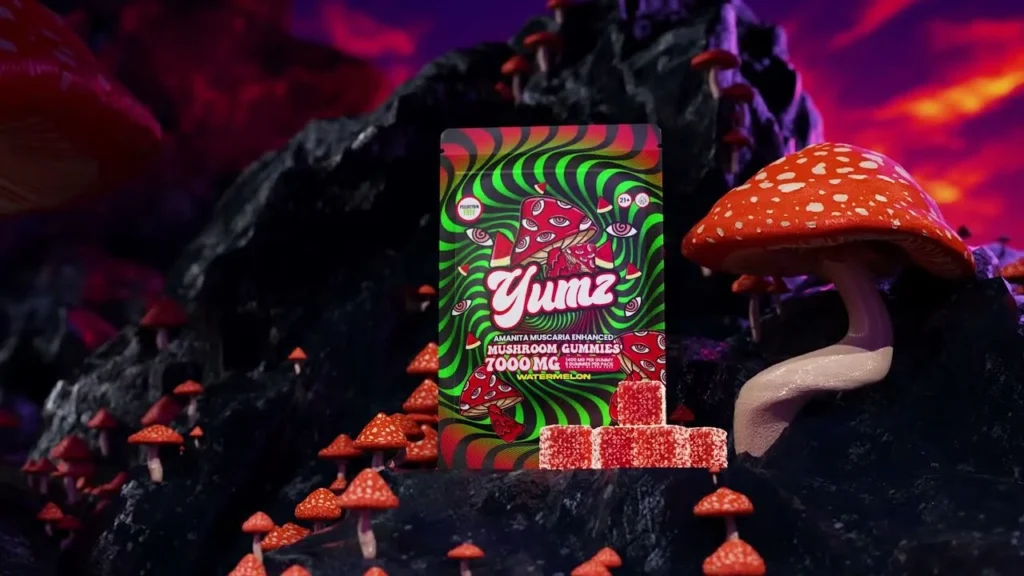
The market for mushroom gummies is almost exclusively active online under several different websites and platforms. Very few states have approved the actual sale in a retail setting, with the only legal route of administration through medical research avenues and guided experiences at designated, state-licensed facilities.
The high demand and lack of retail availability opened a massive online market for those brave enough to engage in the widespread distribution of mushroom gummies. Unfortunately, this means most of the outlets customers go through are largely unregulated, with little to no oversight or regulatory board governing sales.
Mushroom Gummies and Social Media: A Scammer’s Paradise
Sources range from standard .com websites to platforms like Instagram and WhatsApp. Recently, anonymous chat applications like Telegram have proved to be saturated with merchants selling mushroom gummies and other items for medical and recreational use.
They do not care that mushrooms can be addictive for some people, nor are their products truly regulated or controlled for quality.
The problem with the widespread deployment of these types of marketplaces is the inherent risk of either receiving nothing at all or a product that doesn’t contain what’s promised to the buyer. In addition, with no regulatory oversight, there’s no way of knowing exactly how much, if any psilocybin is contained within any given batch of mushroom gummies.
This sets up buyers for obtaining an order that either does nothing at all or, even worse, has higher doses than stated by the buyer, leading to overdose cases leading to “bad trips,” and other mental health pitfalls. It’s not uncommon for those who ingest too much of any psychedelic drug to experience psychosis and other negative side effects.
The Dark Side of Ordering Mushroom Gummies Online
Ordering mushroom gummies online isn’t always the psychedelic miracle cure promised by vendors. Some of the most significant risks of engaging in the purchase of mushroom gummies online include:
- Shady vendors. It’s not that difficult to create a fake social media profile or website, find photos of a product from another source, and set up a makeshift mushroom gummies business. This is a common occurrence, with many would-be customers forking over money for a product they never receive, with little to no recourse available to have their funds returned.
- Dishonest sellers. You also have dishonest sites and profiles that sell mushroom gummies. They may advertise a product containing psilocybin or promise a certain amount, only for the client to receive a product with either very little, or no psilocybin at all. This is just as predatory as taking money and sending no product, as there are no benefits to the purchase, leading to a wasted investment on the customer’s end.
- No regulatory oversight/enforcement arm. With no regulatory bodies governing the sales of these products, consumers have no recourse in the event of a transaction going bad. By the time a potential customer finds out they’ve been scammed, the seller has already made away with their money, blocking past buyers only to return with new credentials to find a new set of victims to scam.
- No medical oversight. Because mushrooms aren’t considered a controlled substance in most states, and certainly not at the federal level, there’s no medical board or entity that sets dose limits and regulations. You could receive a random dose of any size on any given order. This is counterproductive, as the idea is to maintain a small dosing regimen that’s used sparingly.
Kids and Shrooms: Getting Into the Wrong Hands
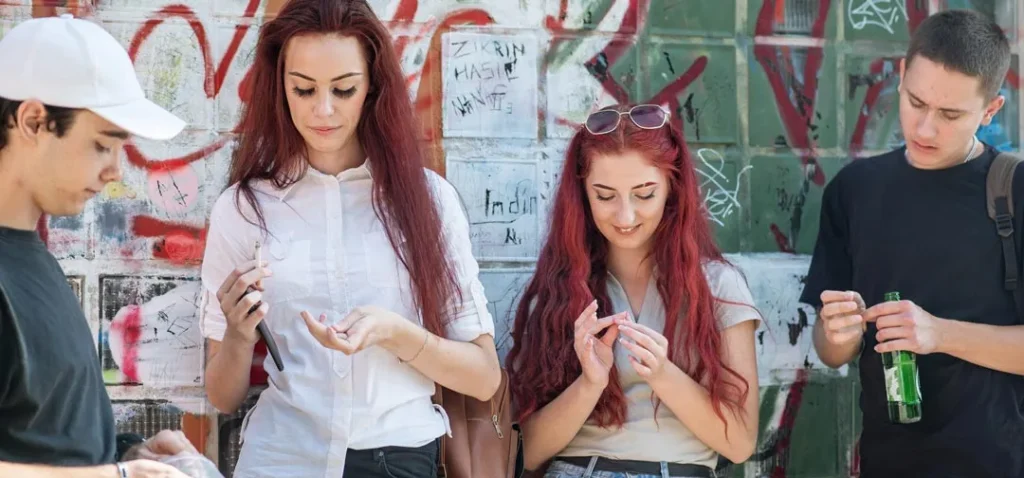
Despite the risks mentioned above, perhaps one of the most frightening risks of rogue magic mushroom vendors is that they can end up in the hands of anybody – particularly underage children and teenagers. Take the case of a 15-year-old boy in 2019, for example.
After ordering a kit to grow his own magic mushroom harvest, the boy and his friends decided to test their product. However, the magic mushroom bounty, from what he assumed was a reliable seller, ended up causing devastating side effects.
In the days after what the boy described as a “normal six-hour trip,” he began having sharp stomach and back pains. This persisted for several more days until he was finally taken to the hospital. After a short battery of tests, it was determined the boy was experiencing active renal failure – his kidneys were shutting down due to an overwhelming amount of creatine.
Magic Mushroom Toxicity Can Be Damage Your Organs
His blood pressure spiked, and the 15-year-old nearly lost his life. Thankfully, doctors were able to rectify the situation and he walked away without any permanent damage. However, it could’ve easily turned into an unexpected tragedy for the boy and his parents.
Unfortunately, stories like this are all too common because of vendors who sell psychoactive compounds with no authority or regulatory board.
Regardless of whether you’re taking these products for the purported health benefits or a psychedelic experience, the dangers are all the same. And without changes or a tightening of the reigns on internet vendors, it seems that cases like this will continuously increase.
Amanita Mushroom Gummies
Perhaps one of the most dangerous products marketed online to those looking for medical benefits or a psychedelic experience is amanita mushroom products. Typically, most magic mushroom products are marketed as (and supposedly contain) psilocybin as the active ingredient.
The widespread belief is that psilocybin is what delivers the mental health benefits caused by microdosing. However, many vendors sell a product that contains amanita muscaria mushrooms – one of the deadliest types of psychedelic mushrooms on the planet. These mushrooms contain no psilocybin at all. Instead, muscimol is the active ingredient – a dangerous agonist for the GABA receptor that causes intense depressant effects.
Can Amanita Mushrooms Kill Humans?
These mushrooms are highly poisonous to humans, and in large doses, have caused a large number of fatalities. Amanita mushrooms contain three toxins that are deadly to humans: amatoxins, phallotoxins, and virotoxins.
In most fatal cases of mushroom ingestion, this particular strain is the culprit. With modern medical treatment victims usually survive. But to those who are unaware of what they’ve ingested, or don’t make it in time – the result is tragic.
Psychedelic Mushrooms vs Dietary Supplement Products
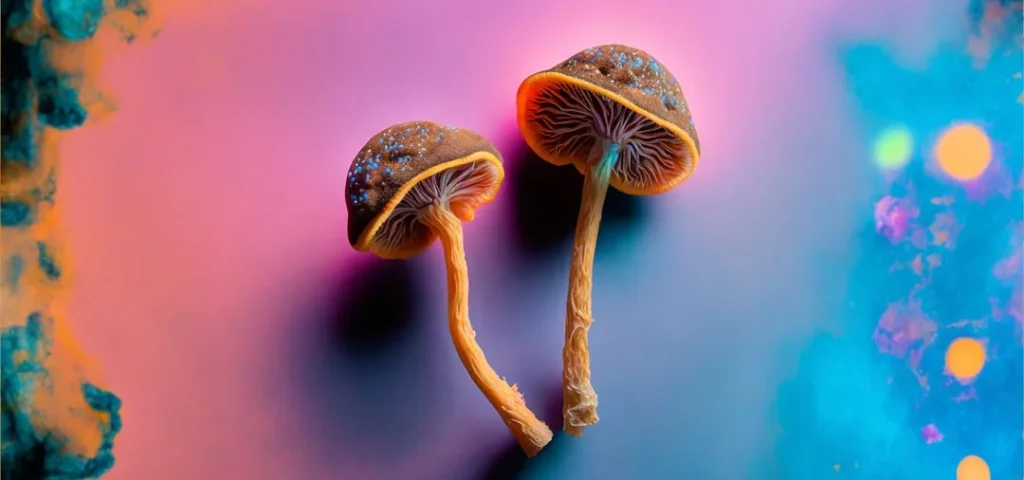
With the boom in magic mushroom gummies, a secondary market opened up for legit vendors of all-natural nootropics and dietary supplements. Taking advantage of the name, these holistic-minded merchants sell products labeled as a “proprietary mushroom blend.” This means the recipe is a secret, and they can’t divulge the specifics.
However, these products usually contain lion’s mane, reishi mushroom mixtures, and others. Lion’s mane and reishi strains, when combined with other all-natural ingredients to make up a “proprietary mushroom blend,” are often sold and marketed to enhance your mood, reduce stress, and increase cognitive function.
It’s worth noting that these vendors are well within their rights to market and distribute these products, as you won’t find any amanita muscaria or psilocybin contained within any of their edibles. The strains mentioned in these blends are completely legal. However, the claims made by these vendors are questionable, as they aren’t backed by the FDA or any substantial scientific journals.
What are Nootropic Mushrooms?
Some of the natural ingredients, and even some of the mushroom strains, are known to have certain medical benefits, and if anything, contain beneficial vitamins and nutrients that humans need. Whether or not they produce the effects stated on the label, is a question that can only be answered by the user.
To be fair, these products are a much safer alternative if you’re looking for an all-natural remedy for depression, anxiety, or substance abuse disorder. However, there’s only one source of healing you can truly rely on for recovery.
If you’re using, or considering using mushrooms or any other psychedelic to relieve a mental health or substance use disorder, consider an expert team that’s dedicated to your recovery. With top-tier professional guidance, it’s possible to not only remain sober, but return to a life where you can thrive and reclaim your independence. At South Shores Recovery, we’ve helped thousands of clients accomplish just that.
The Risks of Self-Medicating with Mushroom Gummies

While self-medicating may seem like the simpler route to go, but in the end you could set yourself up for more struggles than solutions. Choosing to self-medicate or use any form of alternative therapy that’s not backed by hours of scientific research is a gamble – especially one that entails using psychedelic drugs.
The positive reviews online may seem enticing – but it remains to be seen whether or not these practices do more harm than good. To be fair – nobody knows what type of long-term implications come from using these substances to microdose – assuming the short-term dangers don’t cause issues first.
South Shores Detox and Recovery: A Powerful Alternative to Any Self-Medication
At South Shores Detox and Recovery, we have decades of combined experience in treating substance use disorders in combination with things like depression, anxiety, PTSD, and other mental health challenges.
Our team of professional physicians and psychiatrists is highly trained in administering several different therapeutic modalities to help you overcome the most complicated challenges. Combine this with our state-of-the-art facility, and the result is a high-end rehab experience that’s led countless clients to long-term recovery.
The experts at our facility take an evidence-based approach with a holistic focus on treatment. We help craft your own unique personalized treatment plan that caters to your situation specifically. In addition, we take all forms of insurance and work in-network with a large number of commercial providers.
Our team is standing by 7 days a week, 365 days a year to welcome you to our facility. For more information, contact a member of our admissions team today so we can put you on the fast track to healing!
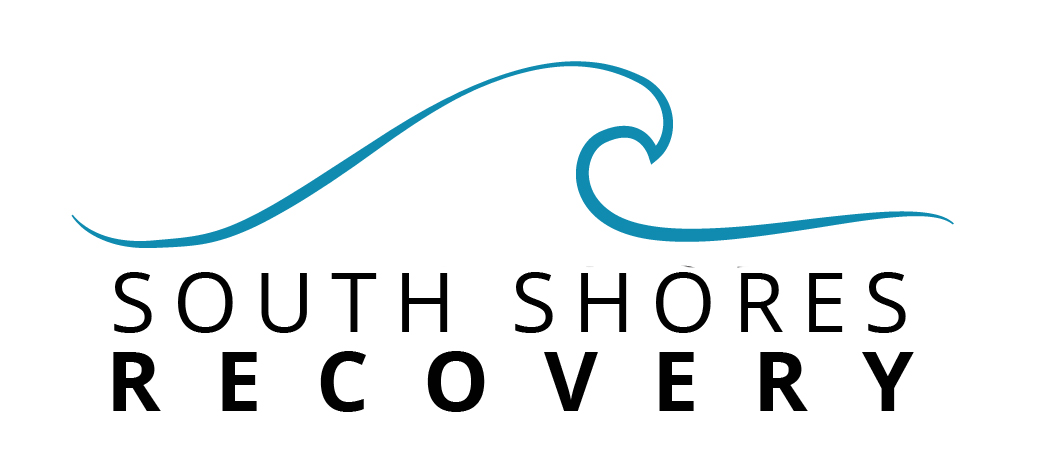
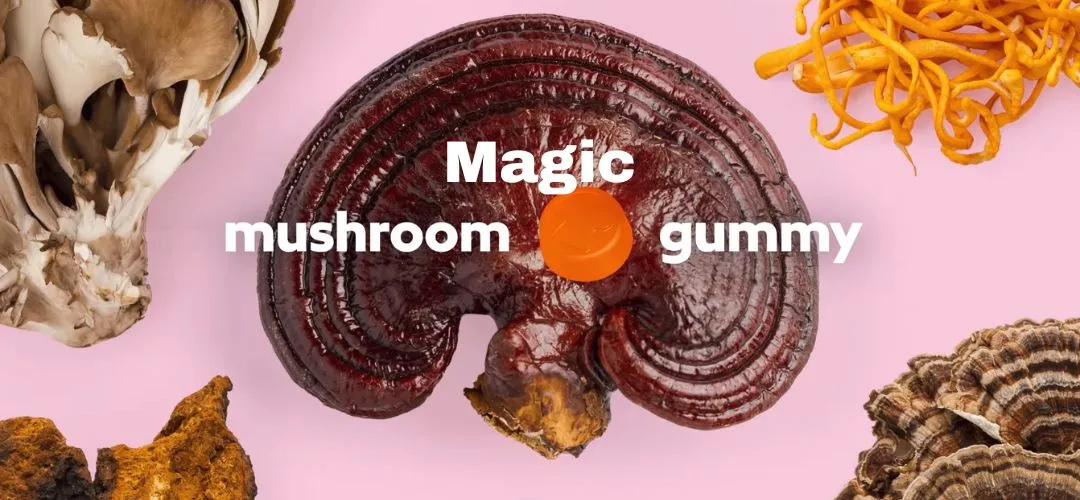
Recent Comments